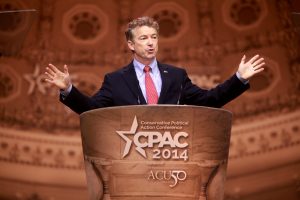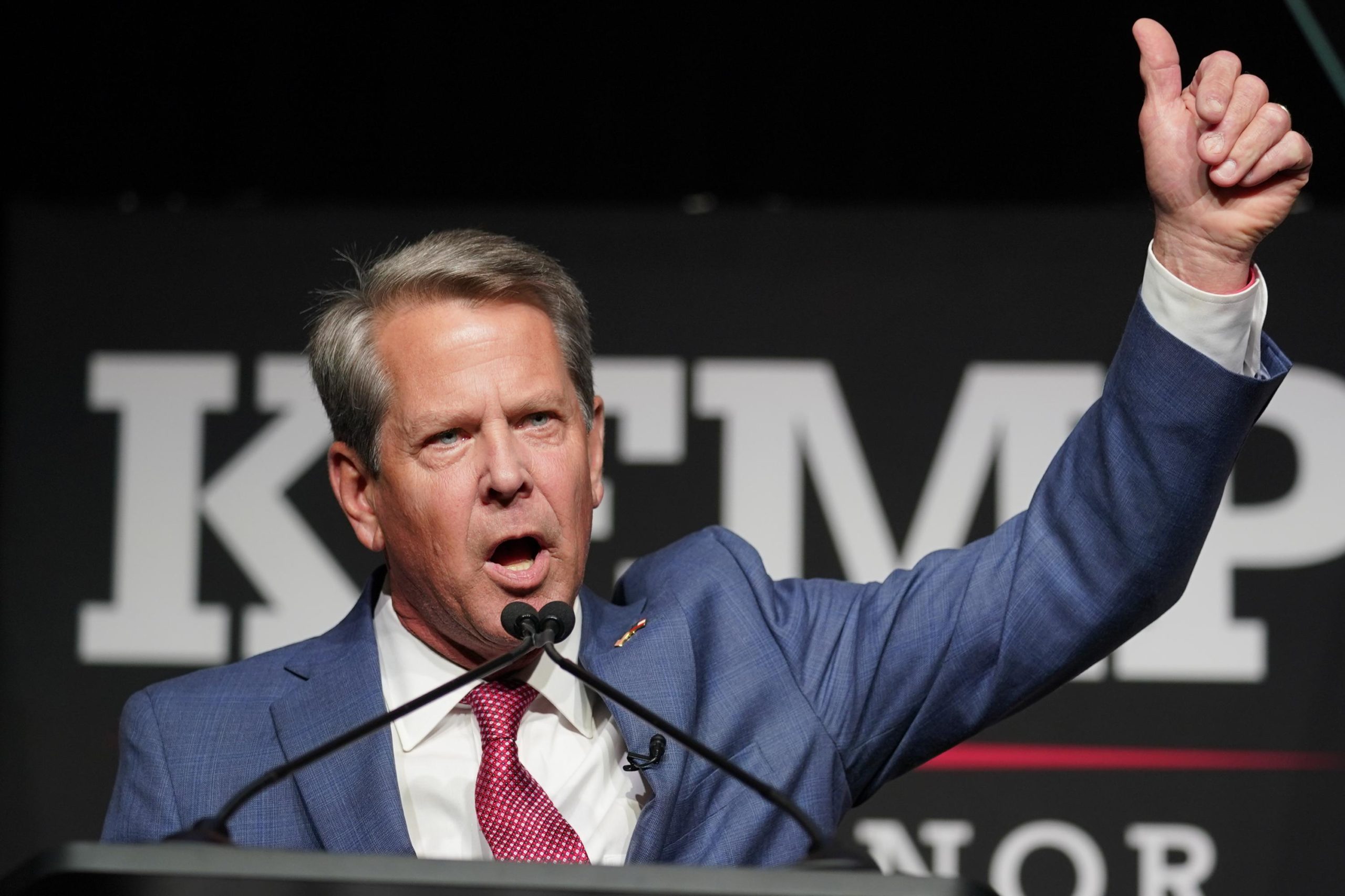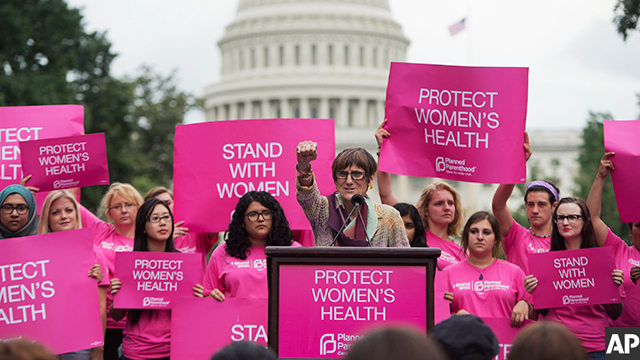
Source: Gage Skidmore
By: Russell Dye
In less than four years, Sen. Rand Paul (R-KY) has paraded himself forward onto the national stage of American politics. He has gone from being a newly elected senator from Kentucky to a 2016 U.S. presidential contender in less time than it takes to serve one full term as a U.S. senator. His rise has been quick, influential, and widely discussed. The former ophthalmologist from Bowling Green, Ky., has made an impression on the Republican Party in recent years, but will Rand continue his rise to the top? How far is the GOP willing to let him rise in the ranks, and is he a legitimate contender for the 2016 GOP presidential ballot?
When Dr. Rand Paul defeated former Democratic Kentucky Attorney General Jack Conway in the 2010 midterm elections by 11 percentage points, he had one message for the political elites of Washington: “We’ve come to take our government back.” He knew, however, that it would not be that easy. He also knew that he could not act alone. Consequently, he joined forces with freshman Senator Mike Lee (R–Utah) and war hawk Senator Jim DeMint (R-S.C.) to form the Senate Tea Party Caucus. The newly created group was crafted in order to “protect our country and its taxpayers from an ever-expanding government.” Senator Paul, the architect of the group, was naturally its leader. Given this newly formed leadership role, Senator Paul was able to quickly promote himself through the ranks of the GOP as a Tea Party favorite with a lot of potential for more.
Sen. Paul’s moment in the sun, however, did not truly occur until March 6, 2013, when he took to the Senate Floor around lunchtime to start a Mr. Smith-style filibuster in order to protest the nomination of CIA Director John Brennan. Though Brennan’s nomination was eventually approved, Senator Paul’s popularity sky-rocketed. From coast to coast, for 13 hours, political pundits,citizens and procrastinating college students took to their television sets in order to catch a glimpse of Senator Paul’s actions. Overnight Paul went from being defined as a Tea-Party favorite, to a political populist in the eyes of young libertarians and even some of the GOP establishment. Even Sen. Mitch McConnell (R-KY) joined in on the praises of Paul’s filibuster, which came as a shock to many since the two men’s relationships had been frayed from the start when Paul defeated a McConnell-backed candidate in the 2010 primaries. Paul’s popularity grew throughout the GOP ranks, but he did not stop there.
Since the time of his memorable filibuster, Paul has continued to grow as a popular figure in the eyes of the GOP. He has become a champion of liberty to the Tea Party, grown into a legitimate leader in the Senate, and continued to keep his head out of controversy for the most part. His disgust for the NSA has also become a rallying cry for libertarians and young voters across the board, which has allowed him to gain even more credibility as a new form of Republican. Sen. Paul has come a long way, but will it be enough to make him a legitimate presidential contender in 2016? All signs point to “yes,” at least for now.
Sen. Paul has already started to build a great deal of momentum going into the 2016 presidential election cycle. He has built a 50-state network in order to court mainstream support for a presidential bid, the first Republican to do so. He headlined CPAC (Conservative Political Action Conference) and went on to win its 2016 presidential straw poll in a domineering fashion. Polls continue to show him as the front-runner for the GOP’s 2016 presidential nomination. Nonetheless, how far is the GOP establishment willing to let Paul go? It has been mentioned that some GOP hawks worry that Senator Paul is too much like his father, former Congressman Ron Paul, which would not sit well in the eyes of mainstream conservatives in the ballot box. It has also been said that the GOP’s big donor establishment pool has already pegged former Florida Gov. Jeb Bush as their top choice. Both factors could lead to an eventual defeat for Paul in the 2016 primary cycle, but he still has a long way out to convince his doubters otherwise. If he can rally the entire GOP base, however, before the 2016 primary season ends, Paul will certainly not face anything less than victory in the ballot box.
It remains to be seen what will happen in the coming years. Sen. Paul is still a fresh face in Washington, comparatively speaking, but will he continue to rise through the ranks and possibly promote himself to the White House? It is not too crazy to believe. As long as Sen. Paul continues to keep his head on straight, avoid controversy, and promote himself to mainstream conservatives, 1600 Pennsylvania Avenue may not be that far way from Bowling Green, Ky., after all.

